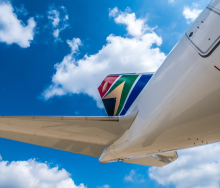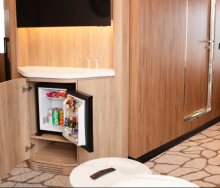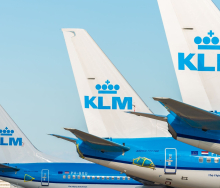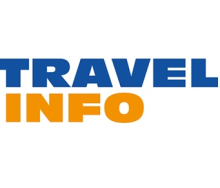TWO major stakeholders in the tourism and car rental industry - the South African Vehicle Rental and Leasing Association (SAVRALA) and the Association of South African Travel Agents (ASATA) - are currently working on a joint convention, in the form of a 10-page document, to address key issues designed to clarify all aspects of billing and risk.
SAVRALA chairman, Wayne DuVenage, says this is being done in response to suggestions that the industry's standard terms and conditions - in particular those applicable to theft and damage - were not always understood by consumers.
He told Travel Now that this is also being done in an effort to counteract some of the negative publicity that car rental companies have had over the past few months.
Once the convention has been completed - "within the next few months" - an education action plan be will developed to inform and educate travel agents and individual consumers about the intricacies surrounding contracting and vehicle hire.
"Given that the great majority of the industry's customers are sophisticated, well-seasoned travellers and that most car rental companies' terms and conditions are clearly documented, one would think this would not be a major issue. However, we've found that the problem lies mainly at the rental point, typically an airport counter."
DuVenage explains that the renter usually wants to get going as quickly as possible and doesn't have the time or the inclination to check the fine print or ask for explanations.
According to him, the education action plan will utilise the media - such as newspapers and in-flight magazines - to target the consumer when he/she is open to information and has the time to absorb it.
He noted that it was the waiver options that appear to create the most misunderstanding.
"Vehicle theft and damage currently cost the South African car rental industry a staggering R60m to R70m per year. Also, with the deteriorating crime situation and the continuing increase in vehicle accident risk in South Africa, the price of a waiver has increased as well - from 16% to 24% -and customers should be more aware of what the risks are and how they're covered."
(Adele Mackenzie)













